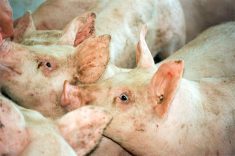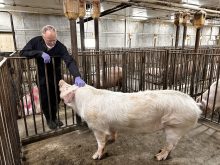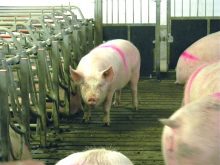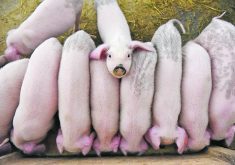President Michael McCain takes aim at policies that restrict barn builds and use of temporary foreign workers
The Manitoba and Canadian governments are sabotaging their hog industry’s chances at success, says Maple Leaf Foods president Michael McCain.
Their failure to work with farmers, processors and exporters to create a world-leading industry has already led to declining production. It will get worse unless those governments assist industry to better compete internationally.
“Those other jurisdictions (like Denmark and the U.S.) will beat us to the punch if they maintain that balance between production and processing, pigs and people, while we tie ourselves in knots with moratoriums, labour program changes, status quo thinking on risk management and timid approaches on raising investment capital,” McCain said in a speech to the Manitoba Pork Council annual meeting April 15.
Read Also
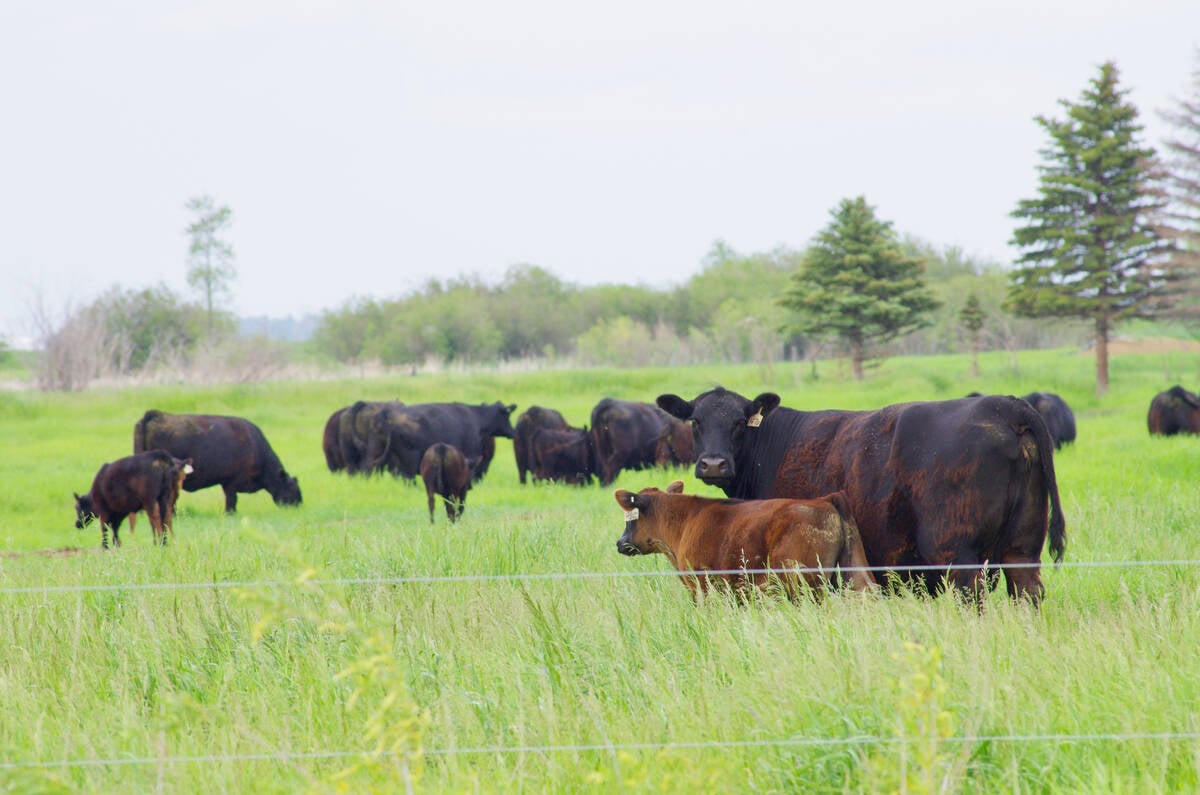
Tick research from the University of Manitoba focuses on insects and testing
Manitoba researchers are looking into the effects of tick and fly disease in cattle.
Maple Leaf Foods, which owns Canada’s biggest hog slaughter plant in Brandon as well as other major meat processing plants, has long complained about the Manitoba government’s moratorium on new hog barn construction. It says the moratorium has caused slaughter hog numbers to drop to the point that the Brandon second shift has dropped to half its capacity.
As well, the federal government has made it harder for plants to hire foreign workers. It means Maple Leaf would have trouble finding enough people to staff its plant even if the number of slaughter hogs in Manitoba rises.
McCain said Manitoba is one million pigs per year short of what it needs for its slaughter and processing industry. As well, the Brandon plant is 350 people short of requirements to run full-out.
He called the federal restrictions on the Temporary Foreign Worker Program a classic case of “shooting yourself in the foot” and said it undermines the government’s robust efforts to open new markets to Canadian goods.
“While the government negotiates important new trade deals that are critical to our industry, its moves in the Temporary Foreign Worker Program severely impacts our ability to take any advantage of this new international market access,” said McCain.
He said the roadblocks that governments have put in the industry’s way have resulted in lost opportunities. It’s a matter of challenging long-term survival.
“Unless we achieve plant capacity utilization, per unit manufacturing and distribution costs and (product by product) operating overheads on par with our U.S. and global competitors, it means we will lose ground to them,” said McCain.
Contact ed.white@producer.com








